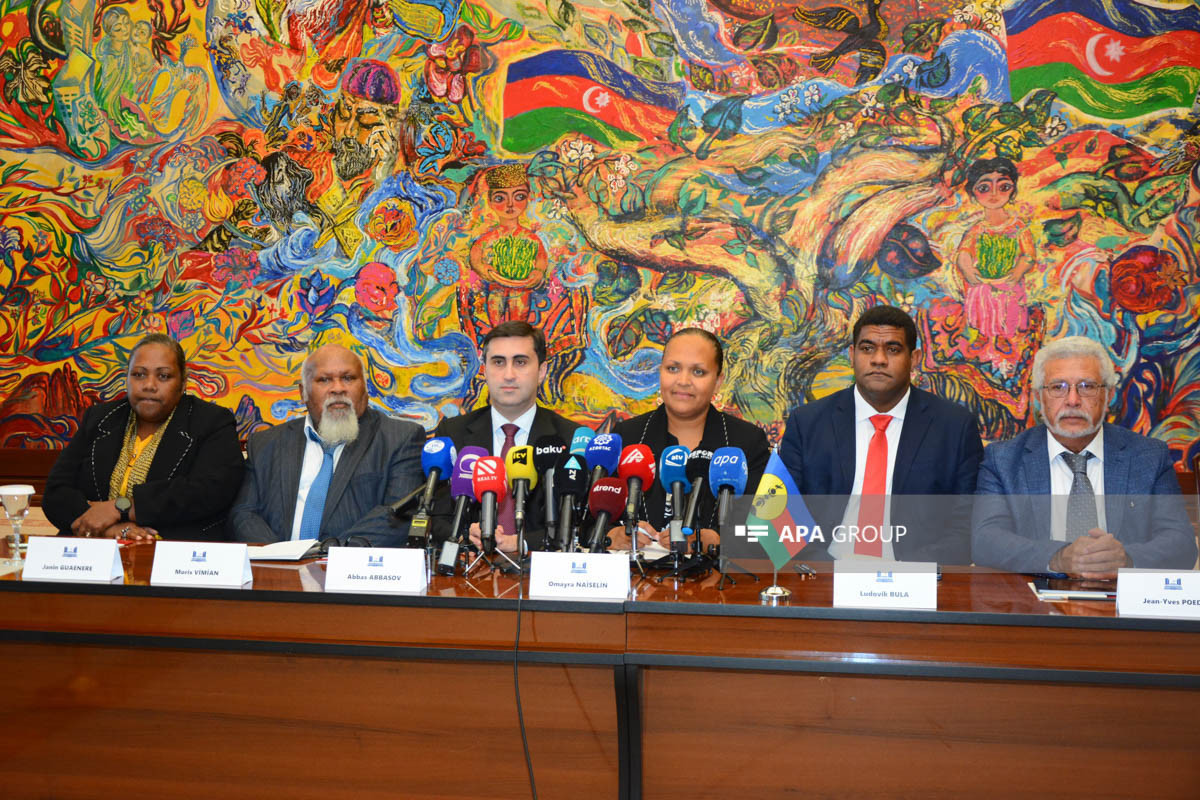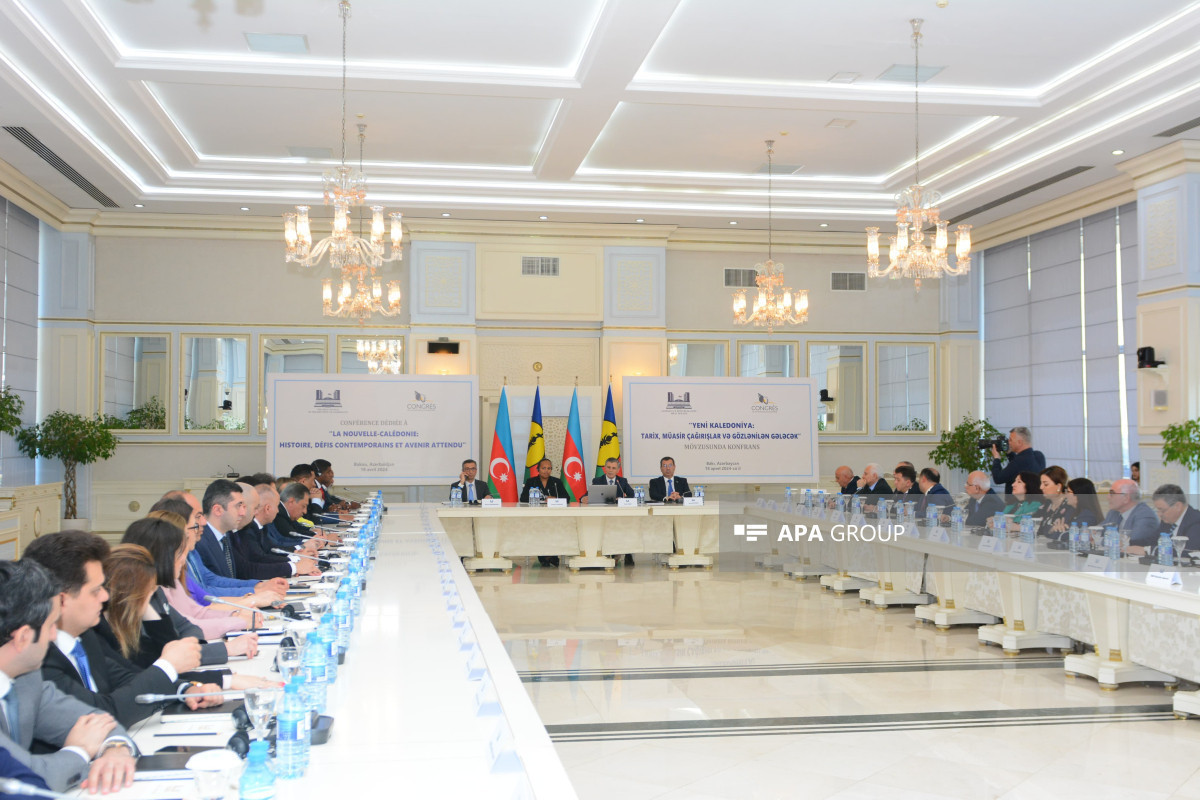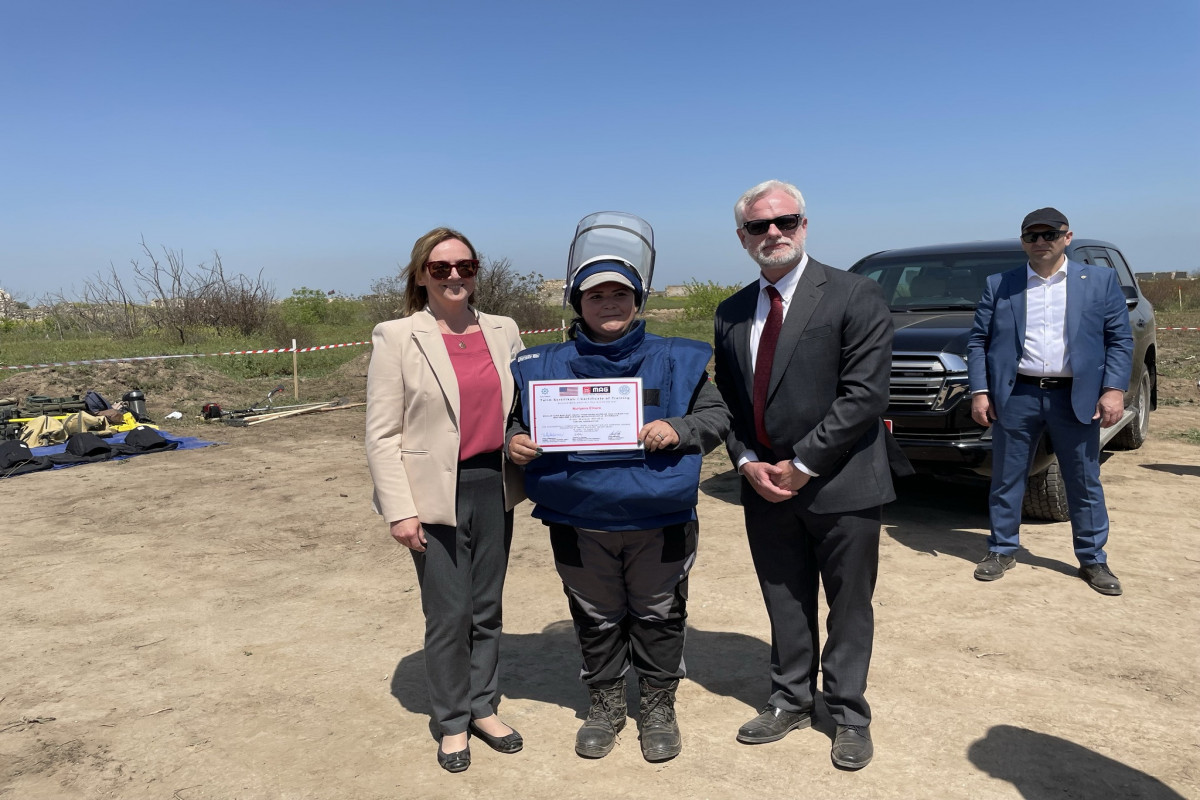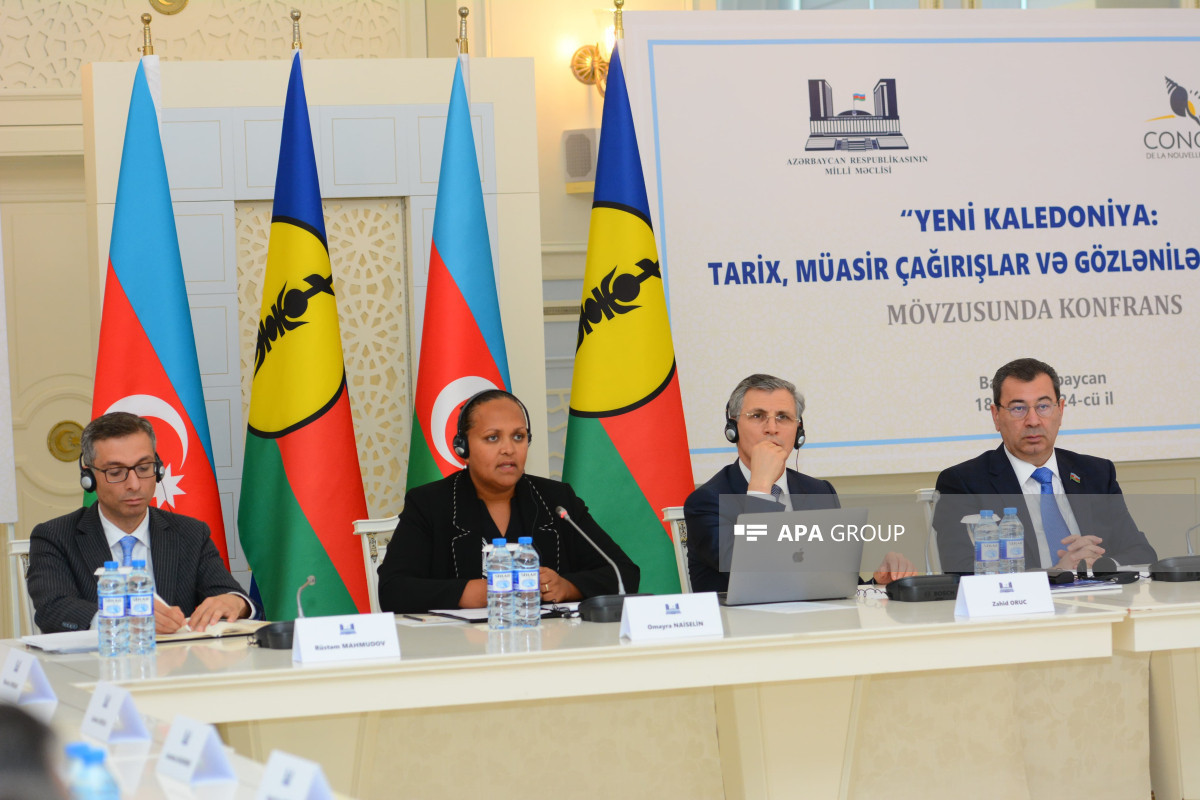Q: On October 15, Austria held parliamentary elections. What do you think of the election results? Could there results have any impact on Austria’s OSCE Chairmanship?
A: The election brought two important changes. The Austrian People's Party (ÖVP Christian Democrats) under the leadership of young Foreign Minister Sebastian Kurz won a clear majority in the Austrian parliament, defeating the currently strongest political party - the Social Democratic Party (SPÖ), led by federal chancellor Christian Kern by a clear margin above 4%. The right-wing Freedom Party (FPÖ) is closely behind the 3rd place with less than 1% while another two smaller opposition parties also made the race into parliament.
Another milestone in this election is that the Green Party could not pass the threshold of 4% and are no longer represented in the federal parliament. The most important task under these circumstances now is to form a strong and credible government. It’s the Federal President who comes into play now by instructing the strongest party with the proposal of a governmental coalition. We can assume that by Friday, Foreign Secretary Sebastian Kurz will be officially appointed to form a government. I would carefully suppose that the most likely outcome will be a coalition government between two of the three strongest parties, but in politics every maneuver should be taken into consideration. As the president has formally appointed the current government to continue its duties until the new government is built, I do not foresee any major obstacles to our OSCE Presidency.
Q: Austria opened its embassy in Azerbaijan in 2010. What made your country open the embassy in Baku?
A: We are all, of course, looking forward to broadening diplomatic relations with Azerbaijan. We have 25 years of relations with Azerbaijan. We came here before the embassy. We had very close cooperation with the Azerbaijan University of Languages. And from there we started our cooperation in the scientific field, broadened to economics, and then, of course, to the whole strategy of the European Union in the diversification of the energy supply for the EU. We came here for the big Nabucco project, which unfortunately failed. But I do believe that the Nabucco project was one of the main focuses to open the embassy here.
Q: How do you feel about relations between two countries in different areas of cooperation?
A: We have good, easy and stable relations. Of course from the economical side, we have a little downturn because of economic crises. In other sectors we are trying to cooperate more. We are trying to cooperate, for instance, with ADA University. We are doing a lot with Azerbaijan Tourism and Management University. So in this field, of course, we are very much engaged with the Azerbaijan University of Languages and Baku Slavic University in the field of German language. We hope that the data and figures are quite good that the economical relations will pick up again.
Q: What steps are the sides taking to develop relations in the field of economics?
A: You know that we have to inform Austrian companies about possibilities here. We have to do certain promotion for the companies to facilitate contacts with ministries and other companies. Together with the trade commission, we also provide information about possibilities in Azerbaijan. We see for instance a huge possibility in cooperation with Azerbaijan Railways CJSC. We have good contacts with Mr. Javid Gurbanov, Chairman of Azerbaijan Railways CJSC. Mr. Gurbanov is doing a very good job in promoting, expanding and modernizing Azerbaijan railways. Austrian companies are among the leading companies in this field. So we are trying to cooperate here. It is also very wise decision of your President Ilham Aliyev to diversify economy, away from only energy and doing a long term project like this trading hub. Of course, the other sector is agriculture. We also have huge exports, it is not only we are delivering a lot of animals here but we export foods for animals, embryos, and so on. We have huge exports in fruit juices. We have just opened one of our big fruit juice companies in Georgia. There are a lot of possibilities for cooperation. The embassy is trying to be helpful in the commercial sector to improve and facilitate Austrian companies’ access to Azerbaijan.
Q. You know that Azerbaijan intend to become a transportation hub in the region and thus implements some projects. In addition, Azerbaijan is implementing some energy projects that could provide energy security of Europe. What is the importance of these projects for Europe, as well as for Austria?
A: We have great interest in these projects. We enjoy broad trade relations with China which is the second largest trading partner of the EU. The EU is much interested in diversifying the trade line and ensuring its transition from the maritime trade to a land trade. Vienna would be good also as an entry point to Europe. There are of course several other possibilities. Let say Azerbaijan is not the next entry point to Vienna, goods would probably go by Ukraine to Vienna, and also via the Baku-Tbilisi-Kars and then go on with by sea to Varna, Oddessa. So there are lots of possibilities for goods to be transported from China to Europe. Also if the situation between Russia and Ukraine improves again the normal trading root, another trade line of course via Russia and Ukraine, other ones goes further north. We would like to position Vienna as an entry hub for goods, from where goods can be distributed across Europe. We have very good railway connections with Italy to central Europe, to Germany from there to France, of course. So there is huge potential on our side also. To be a transportation hub, it is a very logical choice. You are not taking only East or West. But also North and South. If you want to go from Russia to Iran, Bandar Abbas, even further to Pakistan, to India, Azerbaijan is a geographically natural choice. I mean the mountains between Russia and Azerbaijan are not high, you can go directly down the Caspian sea and enter Iran. Much more difficult is to pass from the Caucasus Mountains from the Georgian side.
We would like to diversify security. In total, I think Azerbaijan would ensure 3 percent of EU’s total energy needs. But for certain countries it is nearly a hundred percent, which is not too much but huge percentage. Azerbaijan provides energy security for other member states. In total, it is not big. But with 28 countries it is a little bit different. The Southern Gas Corridor is one of the most attractive projects for the diversification of our energy needs.
Q: There have been a lot of joint infrastructure projects between Azerbaijan and Austria in recent years. Companies from your country helped Azerbaijan construct some important buildings. Are there any new projects in this direction at the moment?
A: I have to say that now there is downturn here in the economy. We were not pulling out, but such projects have been reduced. Austrian companies are trying to realize a number of projects but there are not so many projects at the moment. I think one of the Austrian companies is actively involved in constructing the building of the Ministry of Taxes. We have, of course, a lot of restoration projects in the Old City of Baku. It is not on a large scale like it was in 2010-2012 because there are not so many projects that are currently available. But we hope they are coming up.
Q: We know that Austria is the Chair of the OSCE this year. What this country did for the resolution of the Nagorno-Karabakh conflict during the 9 month of chairmanship?
A: Being in the post of OSCE Chairmanship gives you different tasks. The OSCE is a consensus-oriented organization. This is very clear that you can not do anything without the consent of another country; you have to find compromise. Your main task is to moderate, to move people and countries to a conclusion. You have to mediate to try to make people come to an agreement. In certain fields we have succeeded, in other fields we haven’t. The settlement of the Nagorno-Karabakh conflict is in the hands of the Minsk Group co-chairs. They have recently visited the region. There are solutions on the table but nobody can be forced to accept them. Holding OSCE Chairmanship, we try to facilitate, moderate, and move to offer solution, suggestions. That is the role of chairmanship. As a chair country, you can not say in the OSCE who has to do what.
Q: There is a tendency for the OSCE chairperson to visit Azerbaijan and Armenia by the summer. But Mr Sebastian Kurz hasn’t done it till now. What is the reason?
A: So far he has not come. We have been in an unlucky situation that we also had snap elections during our chairmanship. Last Sunday we had parliamentary elections. The foreign minister has not been here so far, but, for instance, the former president has been here. So have our deputy ministers. It is not that he has no intention to come. I don’t know the exact schedule
Q: What do you think of the work of the OSCE Minsk group?
A: I think it is very important to have people talk. The Minsk Group again has proposals. There are hundreds of proposals on the table. But both countries have yet to come to an agreement as to how to implement these proposals. Nobody can force either of the two countries to do that what they don’t really want to do. Of course, diplomatic ways are always important make people talk. So we are hoping that we will get some small steps built upon these small steps to get closer to the solution.
Q: At the second half of next year Austria will take chairmanship of the EU. How do you estimate the talks between EU and Azerbaijan? What could you do for these relations to develop further?
A: As a member state, we gave our opinion to have these talks. I believe that the talks are in the good way. These negotiations are going to be very comprehensive. We should not include only trade and energy security. But we would also like to see many other themes covered in this agreement. As far as I know many other topics than trade and energy are in this agreement, including social security, environmental standards, and human rights.




 PHOTO'>
PHOTO'>

